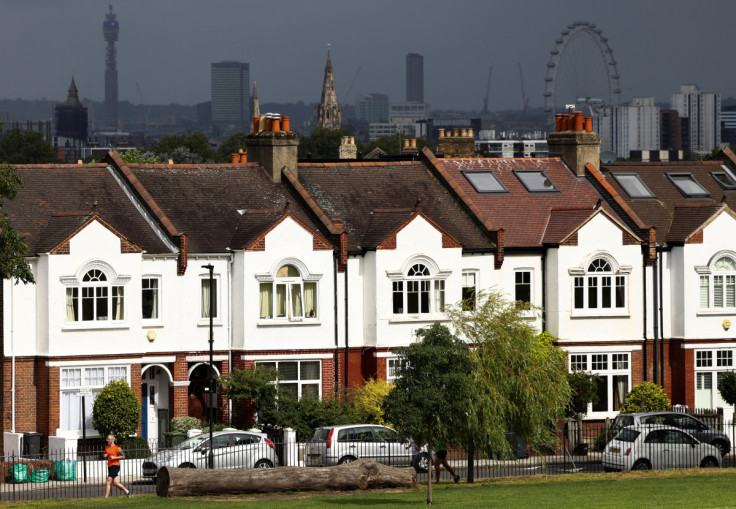UK property asking prices show weakest February gain on record: Rightmove
Average asking prices for British residential property rose by just 14 pounds ($17) in February from January, the smallest rise on record for a month which normally sees a big seasonal increase.

Average asking prices for British residential property rose by just 14 pounds ($17) in February from January, the smallest rise on record for a month which normally sees a big seasonal increase, data from property website Rightmove showed on Monday.
Rightmove said the minimal increase - effectively zero in percentage terms - suggested that property sellers were heeding advice to price their homes realistically in order to sell them into a market which has slowed sharply in recent months.
Tim Bannister, Rightmove's director of property science, said asking prices usually rose at this time of the year, which marks the start of the spring selling season.
"This month's flat average asking price indicates that many sellers are breaking with tradition and showing unseasonal initial pricing restraint," he said.
The monthly change - which is not seasonally adjusted - was the smallest January to February move since Rightmove's records started in 2001. Compared with a year earlier, asking prices were still 3.9% higher.
At the start of February, mortgage lender Nationwide Building Society reported the longest run of monthly falls in selling prices since the global financial crisis.
Asking prices remaining flat on the month, rather than falling, could be a positive sign for the housing market, suggesting a softer landing than many analysts have forecast, Rightmove said.
Economists polled by Reuters in November forecast prices would fall by 5% this year, while analysts at Japanese bank Nomura predicted last month that there would be a 15% decline by mid-2024.
Rightmove said there had been some recovery in demand since late 2022, when mortgage rates soared following former prime minister Liz Truss's "mini-budget".
Buyer demand was up by 11% in the first two weeks of February compared with the same period in 2019.
The number of sales agreed was down 11% on pre-pandemic levels, compared with a 30% crash just after the mini-budget.
British house prices had risen by more than a quarter since the start of the COVID-19 pandemic, mirroring a trend in other rich economies which reflected ultra-low interest rates and a greater desire for living space during lockdowns.
Since December 2021, British interest rates have risen steeply. The Bank of England raised interest rates from 3.5% to 4% this month to tame double-digit inflation, and markets expect the main rate to peak at 4.5% in June.
"The frantic market of recent years was unsustainable in the long term, and our key indicators now point to a market which is transitioning towards a more normal level of activity after the market turbulence at the end of last year," Bannister said.
($1 = 0.8363 pounds)
Copyright Thomson Reuters. All rights reserved.





















